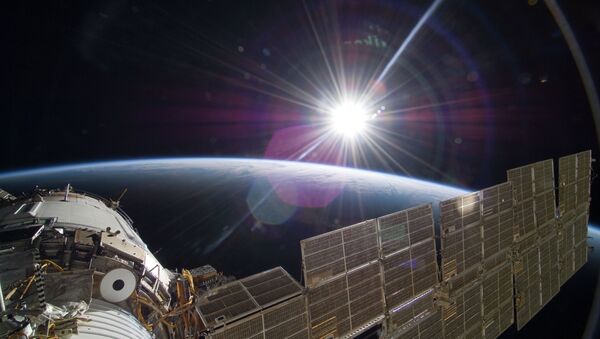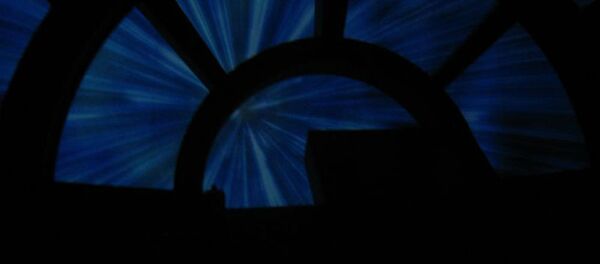The idea that the NASA Eagleworks propulsion research group has been working on — as it was proposed in 2001 — is that such a device, operating in such a cavity would convert electrical energy directly into motion (thrust) without requiring fuel.
— Aaron Linde (@aaronlinde) April 30, 2015
Scientists had generally thought propellant expulsion was needed to balance the change in the momentum of the spacecraft, but the head of the Eagleworks group, Dr. Richard White, offered an explanation.
"Dr. White proposed that the EM Drive’s thrust was due to the Quantum Vacuum (the quantum state with the lowest possible energy) behaving like propellant ions behave in a MagnetoHydroDynamics drive (a method electrifying propellant and then directing it with magnetic fields to push a spacecraft in the opposite direction) for spacecraft propulsion."
"In Dr. White’s model, the propellant ions of the MagnetoHydroDynamics drive are replaced as the fuel source by the virtual particles of the Quantum Vacuum, eliminating the need to carry propellant."
Though reports that NASA has accidentally created warp drive remain premature, the breakthrough could have enormous significance for space travel.
— Jenn Frank (@jennatar) April 28, 2015
For the International Space Station, the drives could mean enormous savings by reducing the need to resupply fuel, and also could entirely eliminate the need for visiting vehicles to "reboost the station" — adjust its position to keep it from falling back into the earth's atmosphere.
If scientists manage to hook up the drive to a nuclear power source, suddenly the galaxy would feel a lot smaller — with a trip to Mars lasting about 70 days, with a 90 day stay on the surface and 70 days back, as opposed to the current three years.
A trip to the moon could take as little as four hours.
— Civilization (@CivGame) April 30, 2015



